Photographs: Adeel Halim/Reuters Bhupesh Bhandari
There is a global movement towards generics and every patent-driven company wants a piece of the action, says Bhupesh Bhandari.
In Sun Pharma's acquisition of Ranbaxy, what seems to have caught everybody's attention is the massive erosion in value.
Daiichi Sankyo of Japan had paid $4.2 billion for a 63.8 per cent stake in the company in 2008; once the deal is closed, it will own nine per cent in Sun Pharma, which is currently worth around $2 billion.
.....
Sun Pharma has all the reasons to cheer Ranbaxy deal
Image: Malvinder Singh, former Ranbaxy chairman.Bhupesh Bhandari
Malvinder Mohan Singh, the elder of the Singh brothers who had sold Ranbaxy to the Japanese drug maker, says the price is a steal.
The intrinsic value of Ranbaxy, according to him, is much higher than what Sun Pharma has paid.
....
Sun Pharma has all the reasons to cheer Ranbaxy deal
Image: Ranbaxy has had several regulatory issues with the US drug authorities..Photographs: Adnan Abidi/Reuters
Wait a minute, you might say, haven't Ranbaxy's four plants been barred from selling in the United States?
Didn't the company admit last year that it had falsified data while seeking the approval of the United States Food and Drug Administration, or FDA, and then pay a penalty of $500 million?
....
Sun Pharma has all the reasons to cheer Ranbaxy deal
Image: Before Sun took over Ranbaxy, many MNCs were eyeing the latter.Photographs: Yorgos Karahalis/Reuters
All of that is true. But I know for sure that two private equity funds and one multinational corporation too were eyeing Ranbaxy. That's because they saw huge value in it.
One of the suitors says that Ranbaxy's Indian portfolio alone is worth $2 billion, or approximately Rs 11,900 crore ( Rs 119 billion) at the current exchange rate.
....
Sun Pharma has all the reasons to cheer Ranbaxy deal
Image: Ranbaxy's over the counter medicines have sales of over $80 million.Photographs: Danish Siddiqui/Reuters
The deal with Sun Pharma values Ranbaxy at $3.2 billion.) Its over-the-counter brands (these can be bought from the chemist without a doctor's prescription) Revital and Volini have combined annual sales of over $80 million.
....
Sun Pharma has all the reasons to cheer Ranbaxy deal
Image: Ranbaxy does not have issues with domestic formulations.Photographs: Reuters
If one uses a multiple of seven to arrive at their value (as was done when Abbott acquired the domestic formulations business of Piramal Healthcare), these two alone are worth over $550 million (about Rs 3,200 crore). Ranbaxy owns many such products.
...
Sun Pharma has all the reasons to cheer Ranbaxy deal
Image: The Sun-Ranbaxy deal has put Indian pharmaceutical sector in focus.Photographs: Reuters
Then there is the company's branded products business in the US, which is unaffected by the FDA alerts and is more than $100 million in size.
The deal has established Dilip Shanghvi of Sun Pharma as the best mind in the Indian pharmaceutical sector.
Recently, when we were crunching numbers for The Billionaire Club, Business Standard's annual listing of stock market billionaires, it came out that Mr Shanghvi had gained the maximum wealth in 2013: a whopping Rs 28,945 crore (Rs 289.45 billion).
....
Sun Pharma has all the reasons to cheer Ranbaxy deal
Image: Sun Pharma is known for reporting healthy profits.Photographs: Reuters
The stock market has always loved Sun Pharma because of its healthy profits, consistent performance and the lack of trouble with the FDA, though a unit in Gujarat was banned from shipping its produce to the US last month.
Look at the Ranbaxy acquisition from Mr Shanghvi's point of view: he can use its production units to feed markets in Asia, Africa, Europe and South America.
....
Sun Pharma has all the reasons to cheer Ranbaxy deal
Image: Ranbaxy has strong presence in important markets.Photographs: Reuters
Individually, they might be smaller than the US, but collectively they are just as big.
(Ranbaxy faces import alerts from no other country apart from the US.) The company is particularly strong in South Africa, Brazil, Russia and Malaysia.
...
Sun Pharma has all the reasons to cheer Ranbaxy deal
Image: Ranbaxy acquisition gives Sun Pharma a foothold in fast-growing markets.Photographs: Jessica Rinaldi/Reuters
The acquisition gives Sun Pharma a foothold in these fast-growing markets. Also, with Daiichi Sankyo becoming a nine per cent shareholder in Sun Pharma, Mr Shanghvi can access its pipeline of branded products. The list of gains is long.
What about Daiichi Sankyo? The purpose of its Ranbaxy acquisition was to create a hybrid model, which would give it patented as well as generic products in its portfolio.
There is a global movement towards generics and every patent-driven company wants a piece of the action. That model survives.
....
Sun Pharma has all the reasons to cheer Ranbaxy deal
Image: Sun Pharma will expand presence post Ranbaxy takeover.Photographs: Reuters
It will now become a shareholder - although a minority shareholder - in one of the largest generic companies in the world. True it has lost value, but Daiichi Sankyo shareholders had already discounted the Ranbaxy investment.
In fact, the fall in its market capitalisation was similar to its investment in acquiring the Indian company.
So the value it gets now - nine per cent in Sun Pharma - is a bonus. That's why, since the deal with Sun Pharma was announced on Monday, the Daiichi Sankyo share price has moved up.
But questions will continue to be asked about the way Daiichi Sankyo ran Ranbaxy. (It had three chief executives in six years.)
....
Sun Pharma has all the reasons to cheer Ranbaxy deal
Photographs: Reuters
After remaining silent for almost five years, it finally put the blame on the Singh brothers for the problems with the FDA.
Important information, it claimed, was withheld from it at the time of sale and it was pursuing all "available legal remedies".
Days later, Mr Singh, sitting in his bungalow in Lutyens' Delhi, told me he had hidden nothing and all issues with the FDA were in the public domain.
....
Sun Pharma has all the reasons to cheer Ranbaxy deal
Photographs: Reuters
Mr Singh claimed that Daiichi Sankyo started negotiations with him in 2007 and concluded the deal only in June 2008 - it took months to pore over every detail.
The FDA problems notwithstanding, Mr Singh said, the Japanese company wanted more and more of Ranbaxy as it did its due diligence.
....
Sun Pharma has all the reasons to cheer Ranbaxy deal
Photographs: Reuters
Around the same time, an article went viral that alleged that senior Ranbaxy executives and even directors were made aware of all the wrongdoings but they did precious little to stop them. More than one ex-director - all family friends of the Singh brothers - called to say this was not true, and the meetings where they were supposed to have been apprised of the misdemeanours never took place.
...
Sun Pharma has all the reasons to cheer Ranbaxy deal
Photographs: Reuters
The truth could lie somewhere in between. But I think Daiichi Sankyo knew that it couldn't blame the earlier management indefinitely for Ranbaxy's woes.
It had been five years since Mr Singh left the company. Pharmaceutical sector experts say this is long enough time to clear the kind of mess Ranbaxy got into.
Somehow, the situation went from bad to worse. By selling Ranbaxy to Sun Pharma, Daiichi Sankyo has managed to avoid those questions.

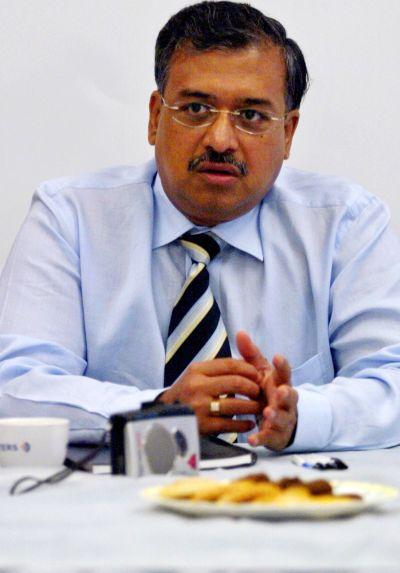
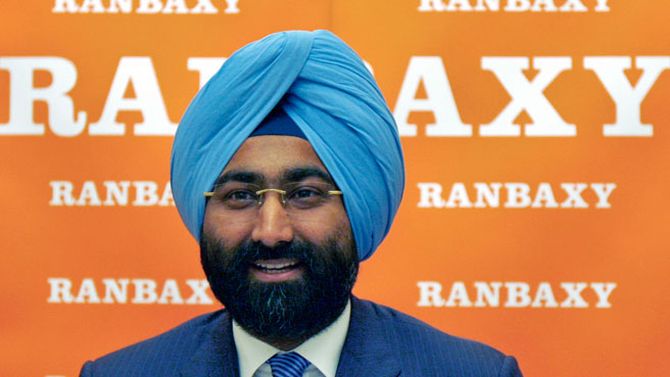
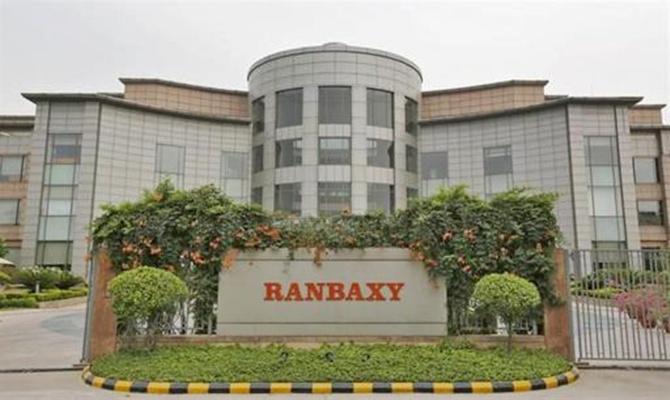
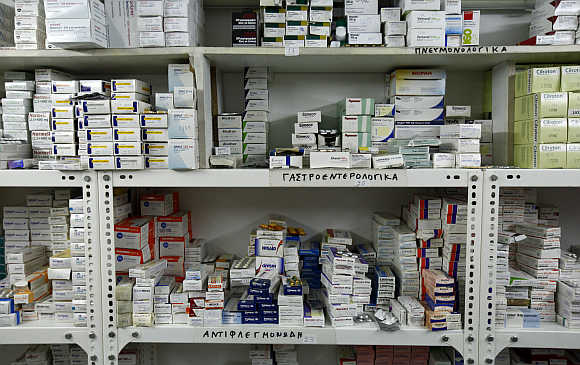
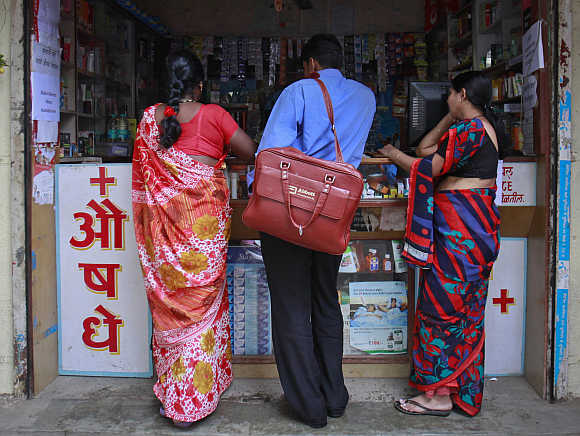
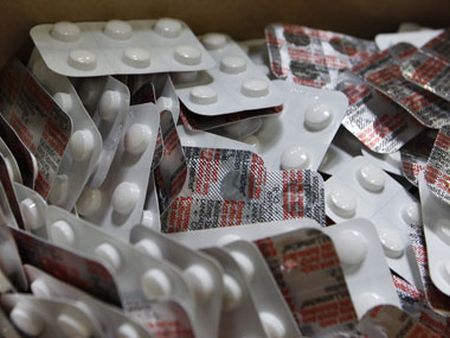
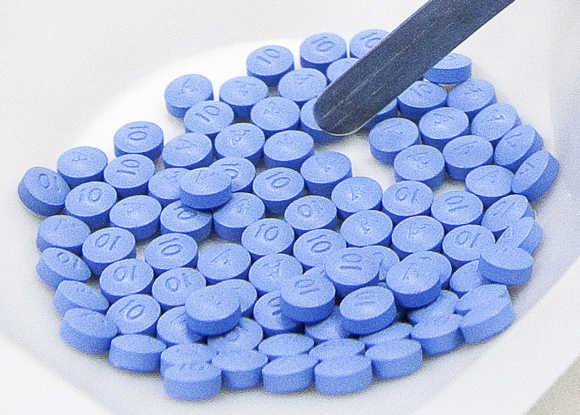
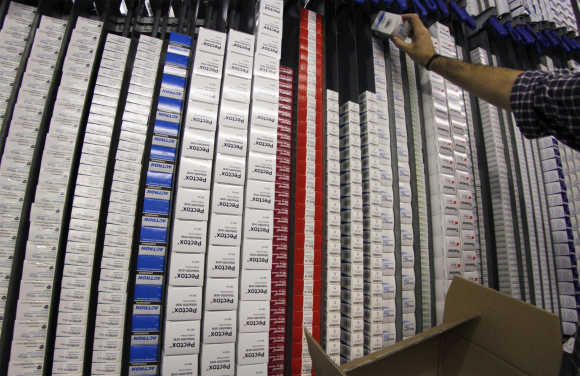
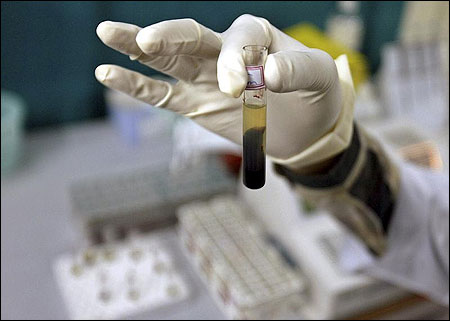
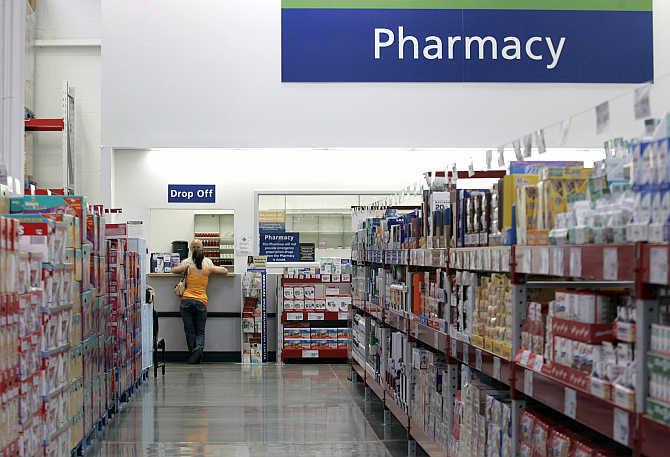
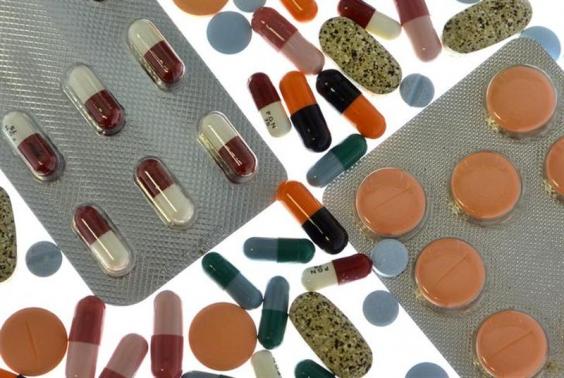
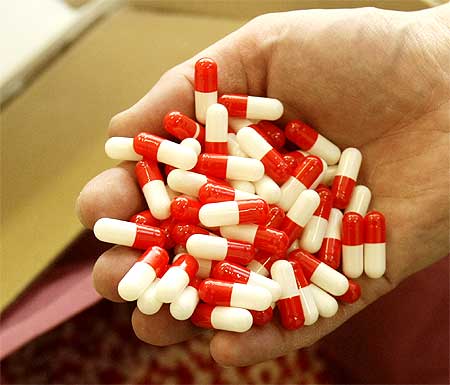
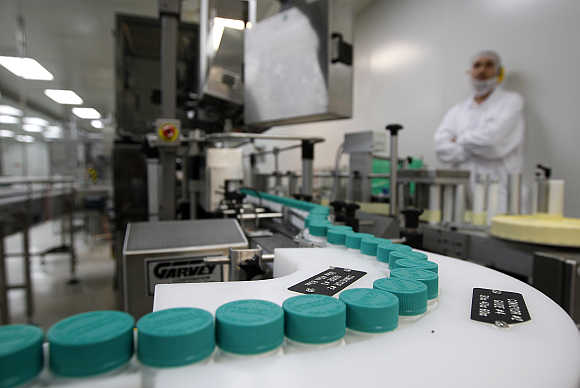
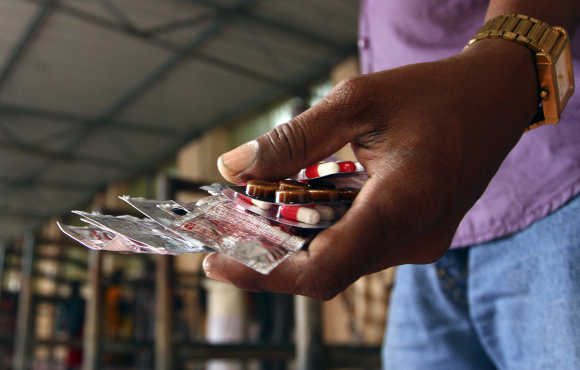
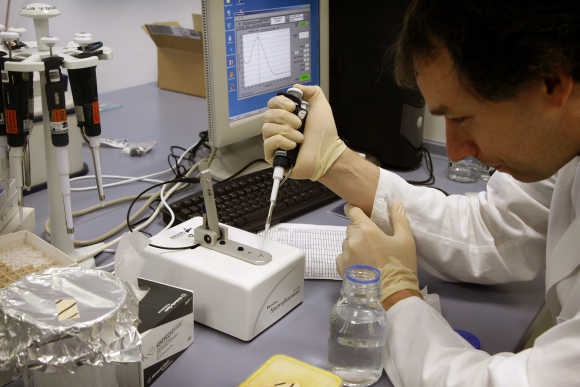

article